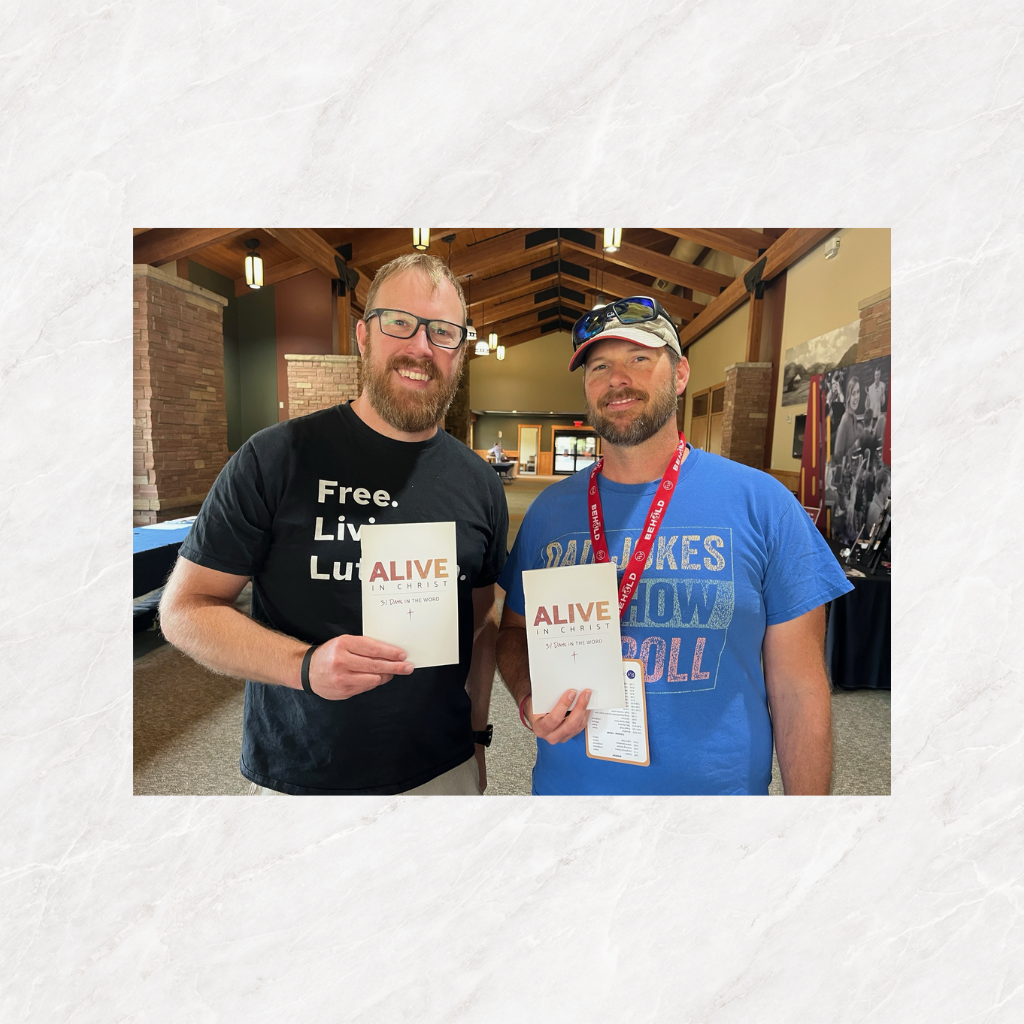Reviews
On Christian Liberty

Martin Luther’s treatise, On Christian Liberty, remains one of the most influential of his many works. In this work, Luther declares how the Christian, or believer in Christ, is perfectly free from sin, death, and the devil through faith in Christ. At the same time, this does not give the believer license to act as he or she wishes, but rather gives believers the great opportunity to love and serve their neighbors. This is what God, in Christ, has done for His children.
Several New Testament passages are the basis of the paradox that he sets forth: I Corinthians 9:19, Romans 13:8, Galatians 4:4, and Philippians 2:6-7. The paradox is this: “A Christian is a perfectly free lord of all, subject to none. A Christian is a perfectly dutiful servant of all, subject to all” (p.2).
To lay the groundwork for these, Luther devotes the first major section to distinguishing between the dual natures of the human being as an “inner” and “outer” person. The “inner person” is the “new man.” This is the new spiritual nature as a child of God. The “outer person” is the “old man.” This is the “fleshly nature.” Luther bases this distinction on II Corinthians 4:16 and Galatians 5:17. The believer’s soul freedom is not an external liberty, but one that God gives as an endorsement of the Word of God (see John 11:25, Matthew 4:4). The one thing needful for the soul’s freedom is the Word of God, that is, the Gospel of Jesus Christ. Luther develops this truth further with references from Romans 1:1-6, 16, 17 and 10:4, 9.
- Faith in Christ frees from the law. Faith alone justifies without works of the law (Romans 3:28). “This liberty of the Christian—in essence, it is our faith” (p.60). Such liberty is only in Christ. “This freedom does not lead us to live lazy and wicked lives” (p.60).
- Faith honors God. Faith honors God by trusting in Him alone, by ascribing to Him the honor of being truthful to His promise. When this is done, God’s name is hallowed (pp.61-62).
- Faith unites the soul with Christ. “Just as a groom is united with his bride by a solemn vow, so Christ and the soul become one flesh” (p.62).
Luther then turns to the outer person and the relationship of faith and works. Works do not contribute to salvation, but they are necessary for loving and serving our neighbor. Good works do not make a good person, but living faith in Christ results in good works. The Christian works to have something to give to his neighbor (Ephesians 5:28). He looks out for the interests of others (Philippians 2:1-4). Christ’s life of humility and service is the example of the Christian’s life of service to his neighbor. Faith gives the Christian all things that Christ has and now the Christian gives himself to his neighbor, just as Christ gave Himself for him (pp.80-84).
In his “final clarification,” Luther emphasizes that Christian freedom is not a license to follow fleshly passions or worldly desires (p.89).
Luther summarizes his argument well in his conclusion: “In conclusion, as Christians we do not live in ourselves, but in Christ and the neighbor. Otherwise we are not Christian. As Christians, we live in Christ through faith and in the neighbor through love” (pp.88-89).
This short book gives a great explanation on Christian liberty, and I heartily commend it to your reading! It gives great insight into the issues that Luther faced in his day, and with the response which we also need today!
Pr. Joel Rolf
AFLBS Dean
Plymouth, MN
Order your copy here: Ambassador Publications Online Store
This treatise is also available in these editions: “The Freedom of a Christian” and “The Freedom of a Christian—Annotated Luther Study Edition.”

Prayer Partners in Christian Education

Presents with Presence

